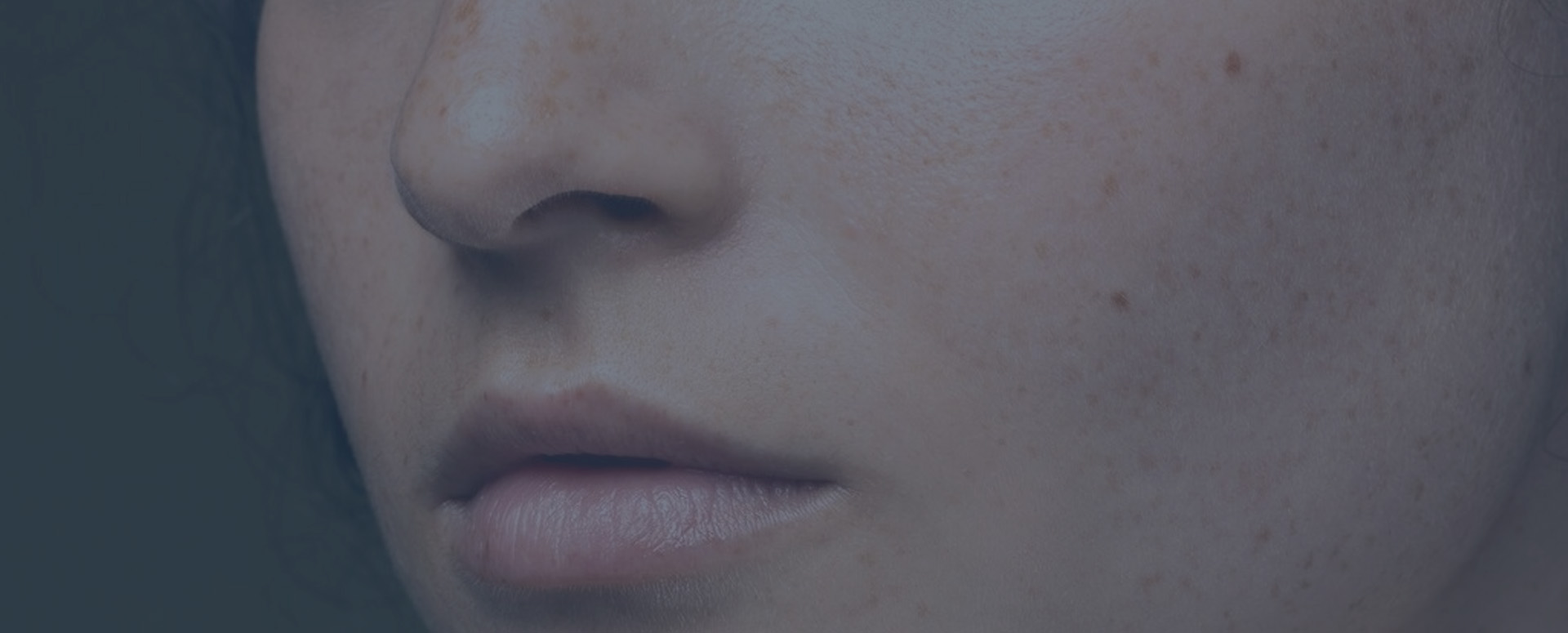For many people, years of sun exposure can lead to dark spots on the face or patches of uneven skin tone. Sun damage can slowly affect your skin, and by the time it is noticeable, you might wonder if sun damage can be reversed. The short answer is yes, to an extent, and with the right approach. Learn more about sun damage reversal from Natural Image OC.
What Is Sun Damage?
When your skin is exposed to the sun, ultraviolet (UV) rays start to affect the deeper layers. UVB rays cause sunburns, while UVA rays penetrate deeper and are responsible for aging and long-term damage.
Over time, this exposure breaks down collagen and elastin, which help keep your skin firm and smooth. It also makes your skin produce uneven pigment, which creates dark spots known as sunspots. On a cellular level, UV damage can alter DNA, which is why too much sun exposure raises your risk for skin cancer.
Can It Be Reversed?
You can reverse some forms of sun damage. Here are the different types that can be removed or healed.
Hyperpigmentation (Dark Spots)
Sun spots, blotchy patches, or uneven skin tones are often the easiest types of sun damage to treat. Topical treatments, such as retinoids and vitamin C serums, can help fade dark spots over time by encouraging cell turnover and reducing melanin production.
Chemical peels and laser treatments can help lift pigmentation from deeper in the skin. Intense pulsed light therapy can significantly reduce sun-induced brown spots and redness.
Fine Lines and Wrinkles
Sun exposure speeds up the aging process by breaking down collagen. Again, retinoids are a main treatment choice because they help build collagen and improve skin texture. Microneedling, radiofrequency, and fractional laser resurfacing can also help rebuild collagen.
Sagging Skin
Once skin loses elasticity, it is harder to return it to where it was. Treatments that stimulate collagen, such as ultrasound or radiofrequency-based therapies, can help tighten and firm up skin over time.
What Can You Do?
If you already have sun damage, the best thing you can do is prevent further damage. Daily sunscreen is key—even when it is cloudy, which includes winter months.
Adding antioxidants, such as vitamin C, to your skincare routine can also help defend against new damage.
If you smoke, drink heavily, or sleep badly, these factors can make sun damage worse. Making changes to improve your daily habits can aid your skin in repairing itself from previous solar harm.
Contact Us for More Information About Reversing Sun Exposure Damage
Can sun damage be reversed? While not all skin damage can be reversed, you can treat and improve some of it. With the right approach—whether medical-grade skincare, in-office treatments, or changes to your routine—you could regain healthier, more even-toned skin.
Contact our office if you are ready to explore your options. We would be happy to examine your skin and discuss what might help you feel your best.
 contact us today
contact us today